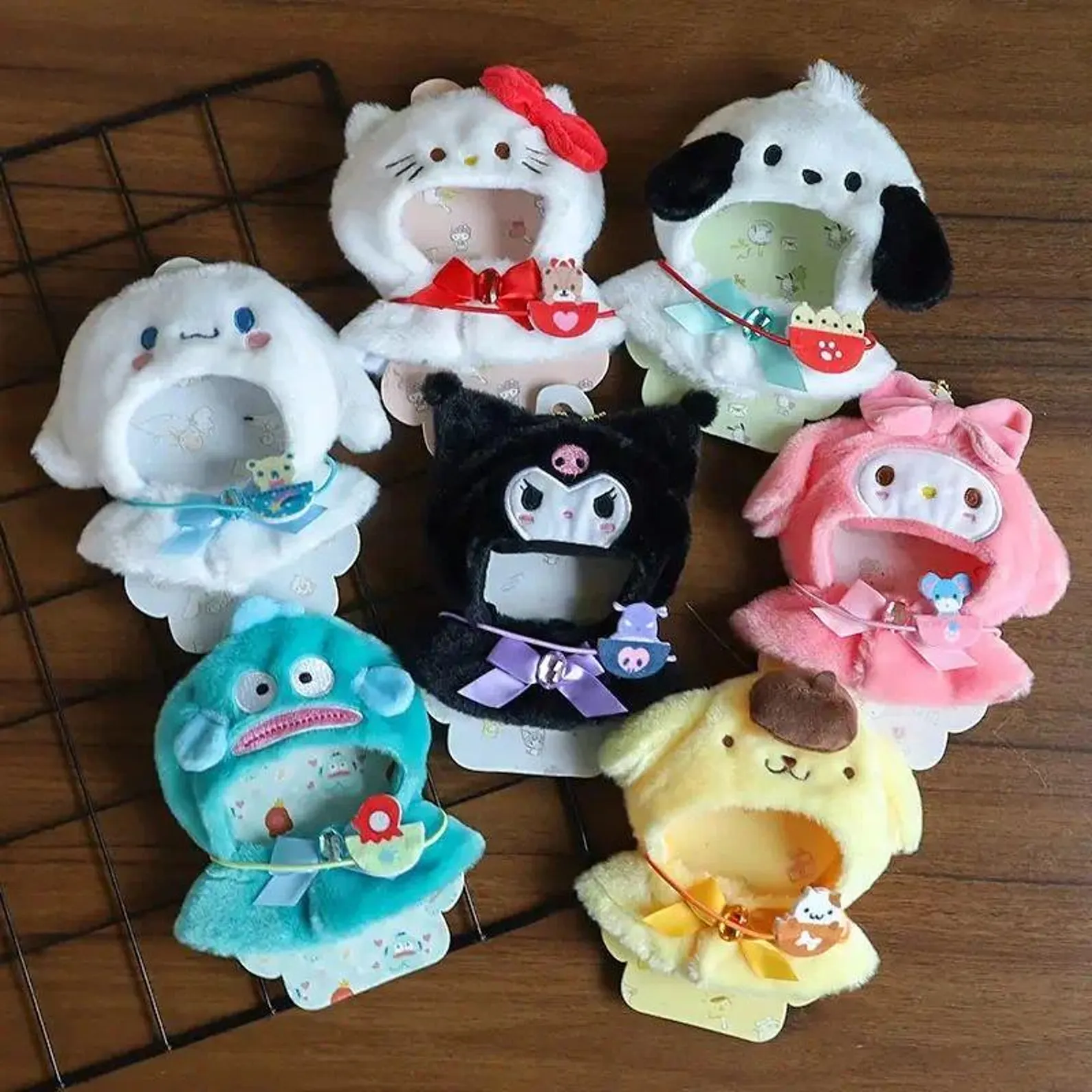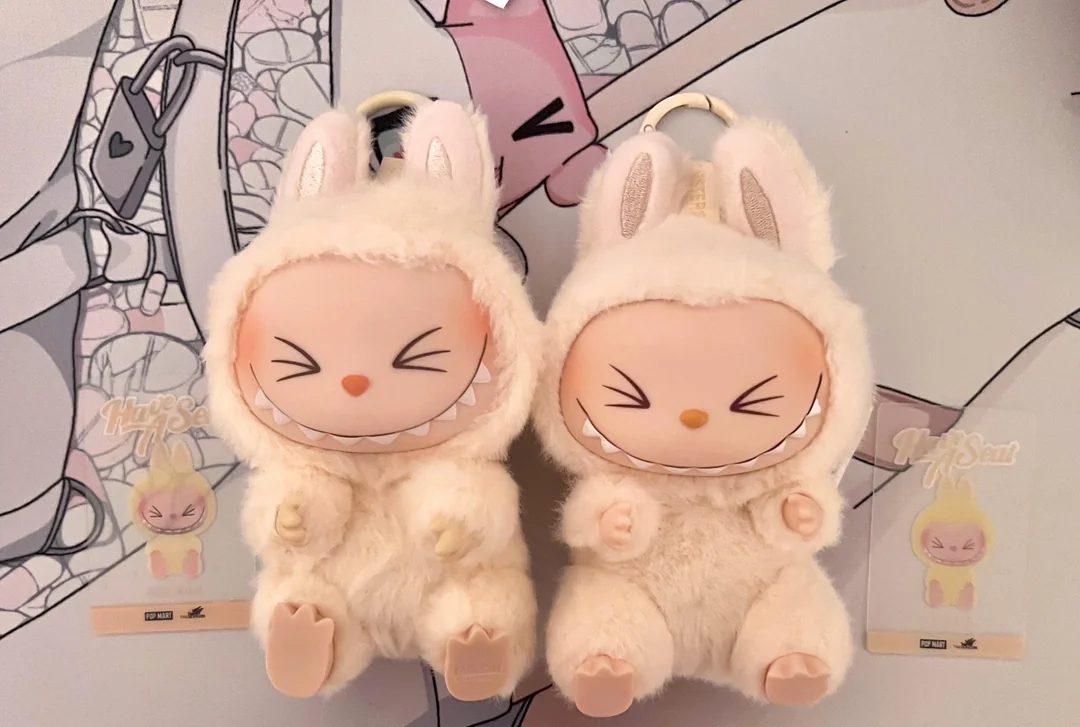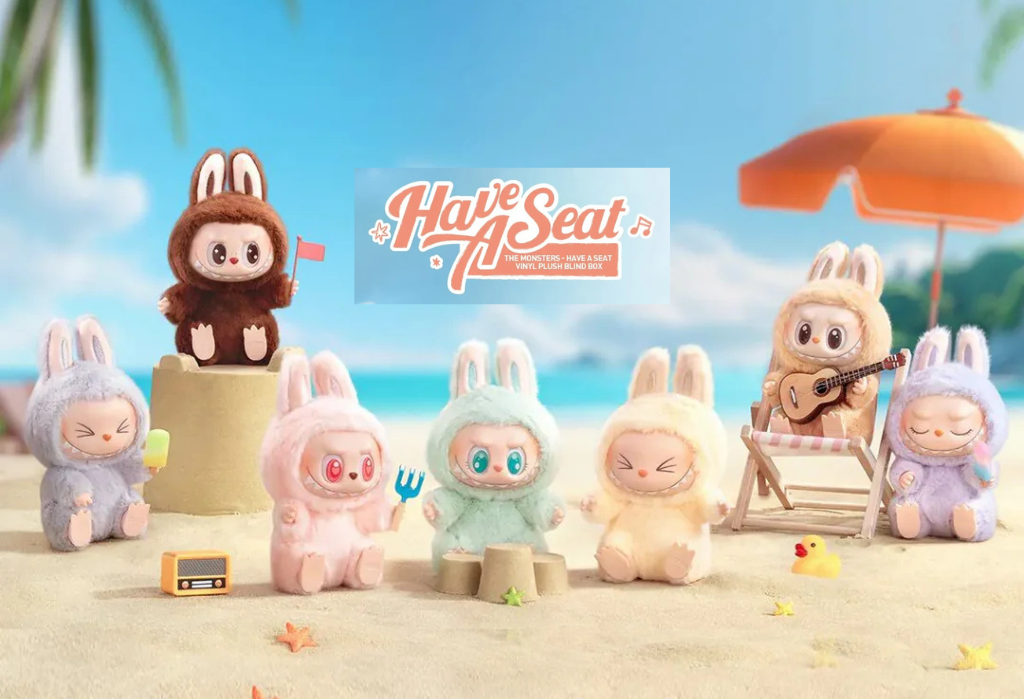The Lafufu Phenomenon: From Knockoff Toy to Social Media Icon
Introduction
In online toy-collecting communities, Labubu figures from Pop Mart have long set the benchmark for trendy designer collectibles.
However, chronic shortages and premium pricing opened the door for an unexpected contender: Lafufu, an inexpensive imitation that quickly ignited social media buzz.
What started as a low-cost alternative has since morphed into a standalone cultural phenomenon, demonstrating the power of user-generated content and ironic appeal.
Origins and Name
The name “Lafufu” playfully grafts an extra “f” onto “Labubu,” signaling “fake” while embracing a tongue-in-cheek attitude endemic to internet culture.
Early adopters discovered Lafufu through budget-friendly listings on AliExpress and Temu, where prices often dip below five dollars—an order of magnitude cheaper than Labubu’s fifty-dollar retail tag.
This stark price contrast not only democratized access for younger fans but also fueled mythos around the “underdog” status of the knockoff, rallying curious collectors to give it a chance despite its dubious pedigree.
Social Media Buzz
Authenticity vs. Imitation
Across TikTok and YouTube, content creators stage side-by-side comparisons to highlight Labubu’s precise UV-printed foot stamps and glossy packaging against Lafufu’s simpler polybag wrapping and rough fur texture.
These “real vs. fake” demonstrations help viewers make informed purchasing decisions while amplifying the novelty of spotting subtle design inconsistencies in the knockoff.
Commentary often underscores that Lafufu’s flaws—such as misaligned joints or color smudges—aren’t defects but rather quirky hallmarks that fans now celebrate for their individuality.
Unboxing Hype
The “Ugliest Lafufu Challenge” series on TikTok has attracted millions of views, as creators unbox the most bizarre or “so-bad-it’s-good” specimens found online.
Viewers delight in reacting to warped limbs, paint spills, and mismatched color palettes, often remixing these clips with humorous voiceovers and memes to extend Lafufu’s viral life cycle.
Unboxing content not only drives engagement through likes and shares but also sparks secondary markets for rare or “special edition” knockoffs that command their own cult followings.
DIY Customization: Giving Lafufu New Life
Many fans purchase Lafufu not as a finished product but as a creative canvas for DIY projects.
Customization tutorials flourish on Instagram and Pinterest, where makers share step-by-step guides for repainting facial features, sewing miniature outfits, and adding bespoke accessories to their figures.
Popular techniques include repainting eyes and cheeks for new expressions, crafting tiny costumes from felt or fabric, and part-swapping to generate hybrid characters that blend multiple toy lines into one art piece.
This maker culture transforms Lafufu into an interactive hobby, fostering community interaction through shared design files, collaborative workshops, and hashtag-driven challenges.
Price and Availability
Given the frequent sell-outs and premium pricing of authentic Labubu figures—which can exceed fifty dollars—Lafufu’s sub–five-dollar price point has proven irresistible for budget-conscious collectors worldwide.
Major online marketplaces like AliExpress, Temu, and Taobao list dozens of Lafufu variations, ensuring near-instantaneous global availability and a virtually endless supply of new colorways and body styles.
This ubiquity diminishes barriers to entry, encouraging newcomers to explore collectible culture without fear of empty shelves or sticker shock.
User Attitudes
Fans’ perspectives on Lafufu can be grouped into three broad categories:
- Enthusiasts: Celebrate Lafufu’s “so-bad-it’s-good” charm and low price as a form of playful rebellion against mainstream hype.
- Pragmatists: Purchase knockoffs purely for crafting, display, or as placeholders until genuine Labubu stock returns to shelves.
- Critics: Voice concerns over intellectual property rights, potential safety hazards of unregulated manufacturers, and the ethical implications of supporting counterfeit markets.
This spectrum of opinions illustrates a nuanced consumer landscape in which authenticity, creativity, and ethics intersect in unexpected ways.
Platform Highlights
- TikTok: Rapid-fire unboxings, defect showcases, and remixable short clips drive viral engagement through hashtags like #LafufuUnboxing.
- YouTube: In-depth reviews and durability tests help viewers weigh their options, complete with time-lapse customizations and side-by-side wear-and-tear comparisons.
- Twitter: User polls on favorite Lafufu finds, market trend threads, and debates over IP infringement generate broader conversations about the social impact of knockoff culture.
Cultural Implications
Lafufu’s ascent underscores how digital communities can redefine notions of value and authenticity.
A product once dismissed as cheap imitation has evolved into a symbol of DIY ingenuity and participatory fandom, where imperfection is reframed as a hallmark of creativity rather than a shortcoming.
This shift reveals a generational trend toward democratized content creation, decentralized taste-making, and a willingness to embrace irony as a path to communal identity.
Conclusion
Whether you’re drawn by budget constraints, crafting ambitions, or simply the allure of the “ugly-cute,” Lafufu stands as a testament to the transformative power of online culture and collective storytelling.
Its journey from knockoff oddity to social media staple confirms that today’s viral toy trends are authored not by top-down branding but by the bottom-up enthusiasm of global communities.
In celebrating flaws, fueling creativity, and sparking lively debates, Lafufu has secured its place in the annals of collectible history—and its story is far from over.
Related Stories

Lafufu Clothes & Fashion Trends 2025: Dressing Your Designer Doll
Explore the latest lafufu clothing trends, where to buy miniature outfits, and how to create custom fashion for your collectible dolls.

Lafufu vs. Labubu: Your Ultimate Guide to Labubu’s Knockoff Cousin
Unravel the mystery of Lafufu, the knockoff Labubu figures taking the PopMart world by storm. Learn how to spot fakes, why collectors love them, and whether you should grab one!

All You Need to Know About Labubu Have a Seat: The Latest Hit in Designer Toys
Explore the Labubu Have a Seat series—its unique design, collectible value, and why it’s taking the toy community by storm.